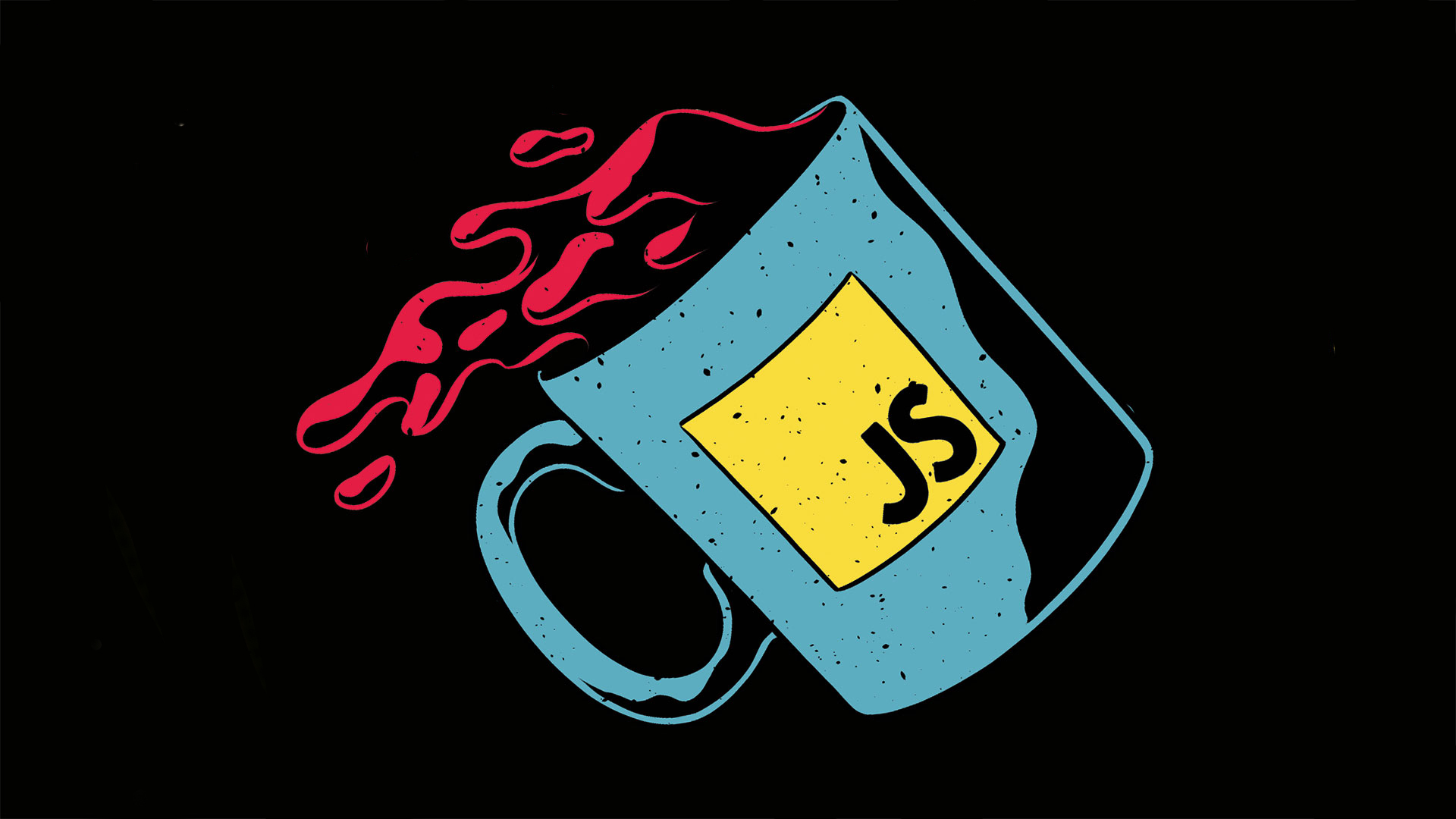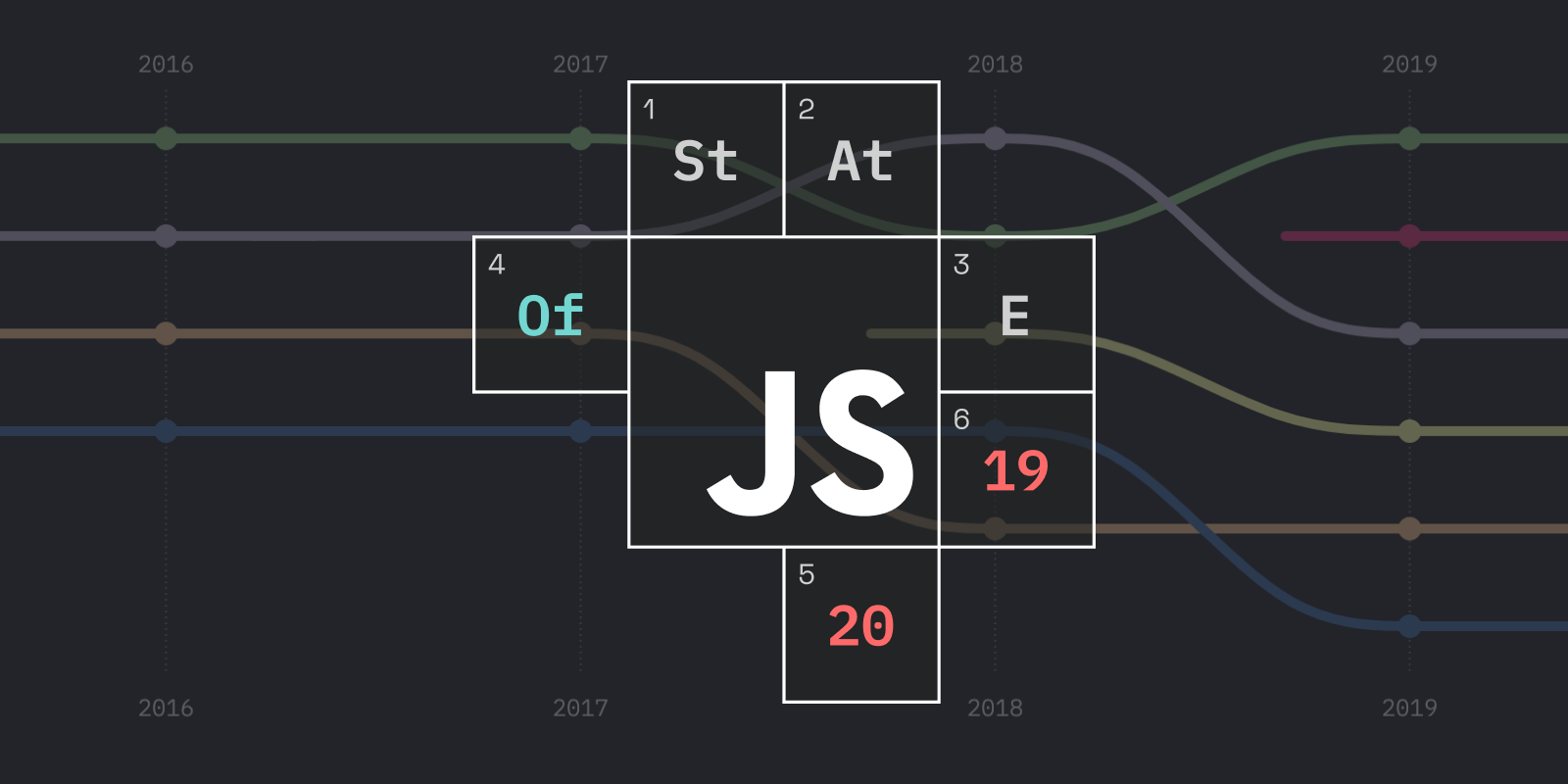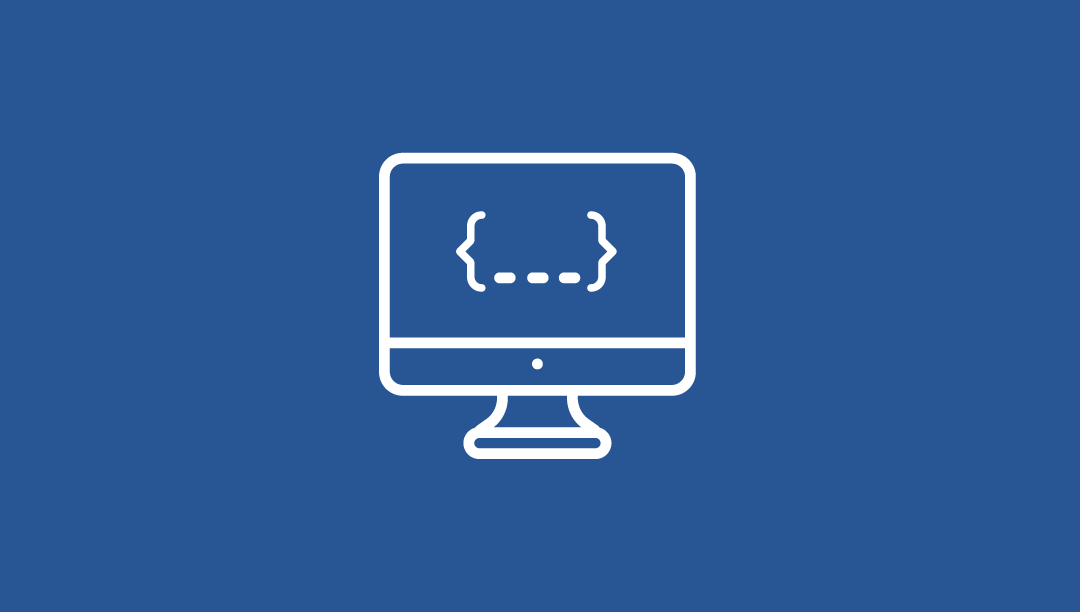reading-notes2
https://m7madmomani2.github.io/reading-notes2
CSS

What is CSS ?
Cascading Style Sheets, fondly referred to as CSS, is a simply designed language intended to simplify the process of making web pages presentable. CSS allows you to apply styles to web pages. More importantly, CSS enables you to do this independent of the HTML that makes up each web page. CSS is easy to learn and understood but it provides powerful control over the presentation of an HTML document

WHY CSS?
- CSS saves time : You can write CSS once and reuse same sheet in multiple HTML pages.
- Easy Maintainence : To make a global change simply change the style, and all elements in all the webpages will be updated automatically.
- Search Engines : CSS is considered as clean coding technique, which means search engines won’t have to struggle to “read” its content.
- Superior styles to HTML : CSS has a much wider array of attributes than HTML, so you can give a far better look to your HTML page in comparison to HTML attributes.
- Offline Browsing : CSS can store web applications locally with the help of offline catche.Using of this we can view offline websites.
CSS Versions
- CSS1
- CSS2
- CSS3
- CSS4
- Version 4 comes with:-
- CSS-Pro
- CSS-Mobile
CSS Syntax

JavaScript

What is JavaScript ?
JavaScript is a cross-platform, object-oriented scripting language used mainly for enhancing the interaction of a user with the webpage. In other words, you can make your webpage more lively and interactive, with the help of JavaScript( having animations, clickable buttons, popup menus, etc.).
Some js Characteristics :
- Object-Centered Script Language
- Client edge Technology
- Validation of User’s Input
- Else and If Statement
- Interpreter Centered
- Ability to perform In Built Function
- Case Sensitive format
- Light Weight and delicate
- Statements Looping
- Handling Events

Basic Operators of JS
- +— Addition
- -— Subtraction
- *— Multiplication
- / — Division
- (…) — Grouping operator, operations within brackets are executed earlier than those outside
- % — Modulus (remainder )
- ++ — Increment numbers
- – — Decrement numbers

let’s find out some Data Types of JS and
- Numbers —> var age = 23
- Variables —> var x
- Text (strings) —> var a = “init”
- Operations —> var b = 1 + 2 + 3
- True or false statements —> var c = true
- Constant numbers —> const PI = 3.14
Comparison Operators
| Operator | Description | Example |
|---|---|---|
| (==) | Equal to: true if the operands are equal | 5==5; //true |
| (!=) | Not equal to: true if the operands are not equal | 5!=5; //false |
| (===) | Strict equal to: true if the operands are equal and of the same type | 5===’5’; //false |
| (!==) | Strict not equal to: true if the operands are equal but of different type or not equal at all | 5!==’5’; //true |
| (>) | Greater than: true if the left operand is greater than the right operand 3>2; //true | |
| (>=) | Greater than or equal to: true if the left operand is greater than or equal to the right operand | 3>=3; //true |
| (<) | Less than: true if the left operand is less than the right operand | 3<2; //false |
| (<=) | Less than or equal to: true if the left operand is less than or equal to the right operand | 2<=2; //true |
Loops: while and for
- for Loops Syntax:
- for(statement1; statement2; statment3)
- {
- lines of code to be executed
- }
- while Loops Syntax
- while(condition)
- {
- lines of code to be executed
- }